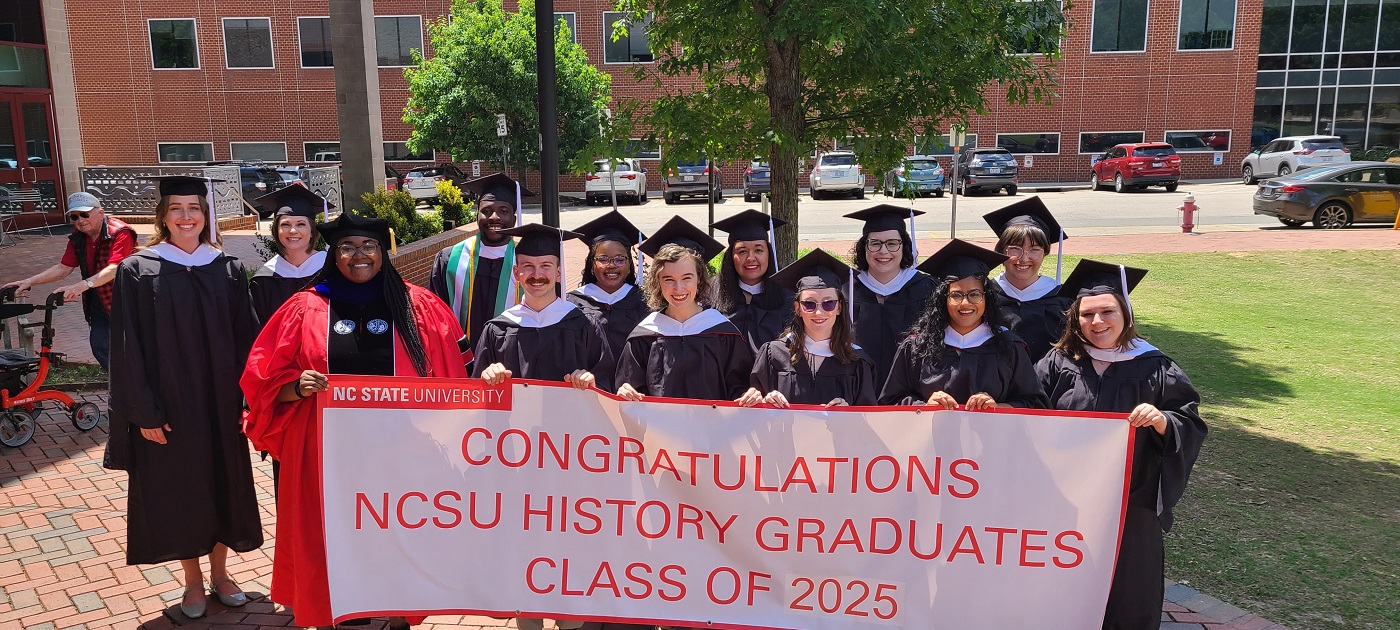Dr. Alexis Clark’s Anthology Tops “Art in America’s” List of Top 5 Most Essential Books on Impressionism

Congratulations to Dr. Alexis Clark whose anthology, Globalizing Impressionism: Reception, Translation, and Transnationalism (Yale UP 2020), tops the list of Art in America‘s “Top 5 Most Essential Books” on impressionism. As Clark explains, “Globalizing Impressionism traces how artists and art writers–from France to South Africa to Australia to Brazil–came to adopt the label ‘impressionism/t’ as a demonstration of their own local modernity. As an edited collection, Globalizing Impressionism is committed to art history as a global discipline, welcoming new voices and perspectives of scholars from around the world. It is an honor to have my book, and the global turn overall, recognized alongside some of the leading publications in social histories of impressionism.”
Clark is also a co-organizer “Workshopping Future Directions in Impressionism,” an international workshop for collaborative reflection on current research and future directions in the study of impressionism. This workshop will be held at the Institute of Advanced Studies, University College London in September 2024. Learn more about the workshop and apply.
Alexis Clark received her Ph.D. in Art History and Visual Studies from Duke University in 2014. Since then, she has taught as lecturer or postdoctoral fellow at the University of Southern California, University of California, Riverside, and Washington University in St. Louis. She joined NC State’s History Department as a Teaching Assistant Professor in the History of Art in 2021.
Dr. Clark’s research concentrates on the global historiography and museology of nineteenth- and twentieth-century art with a focus on impressionism. Dr. Clark’s research promotes the global study of impressionism by raising questions often related to language: style, translation (and silent translators), the circulation of art writing in relation to international copyright laws, the making and unmaking of art-historical categories, and the limits of language to communicate the experience of art.
- Categories:


